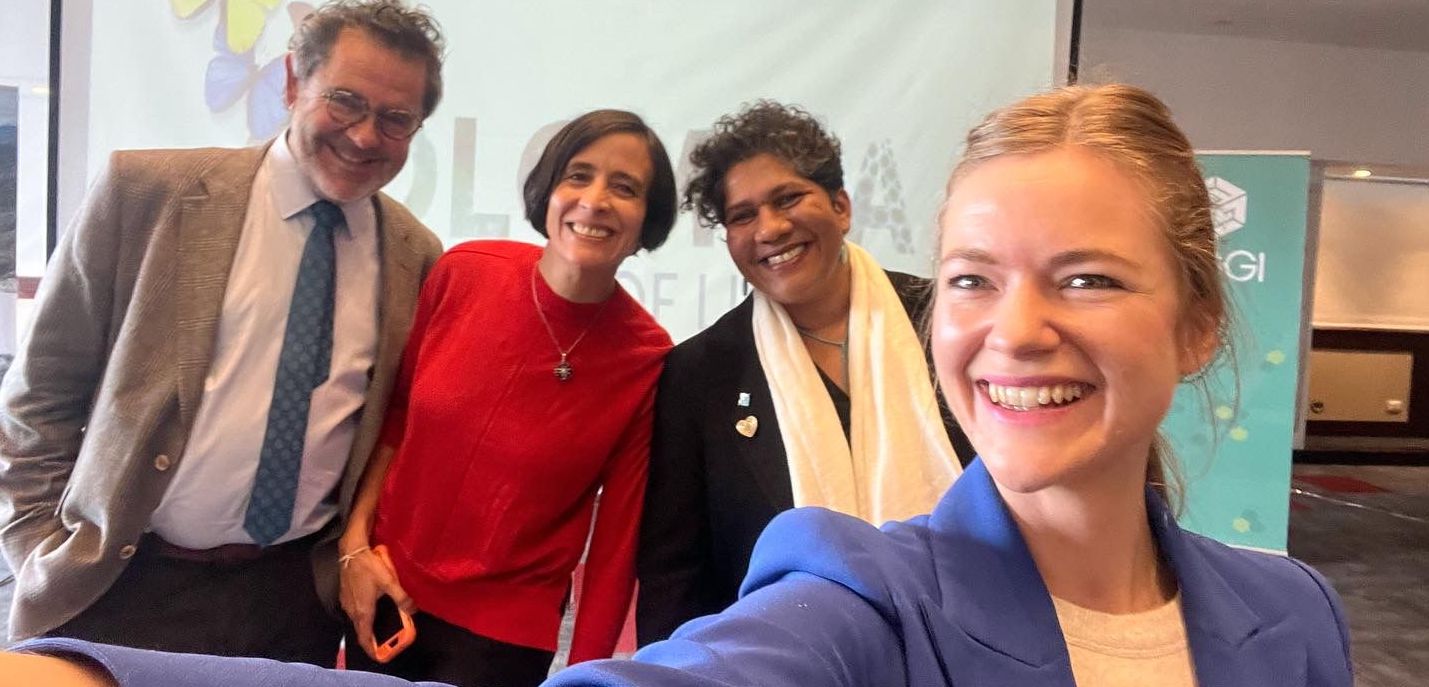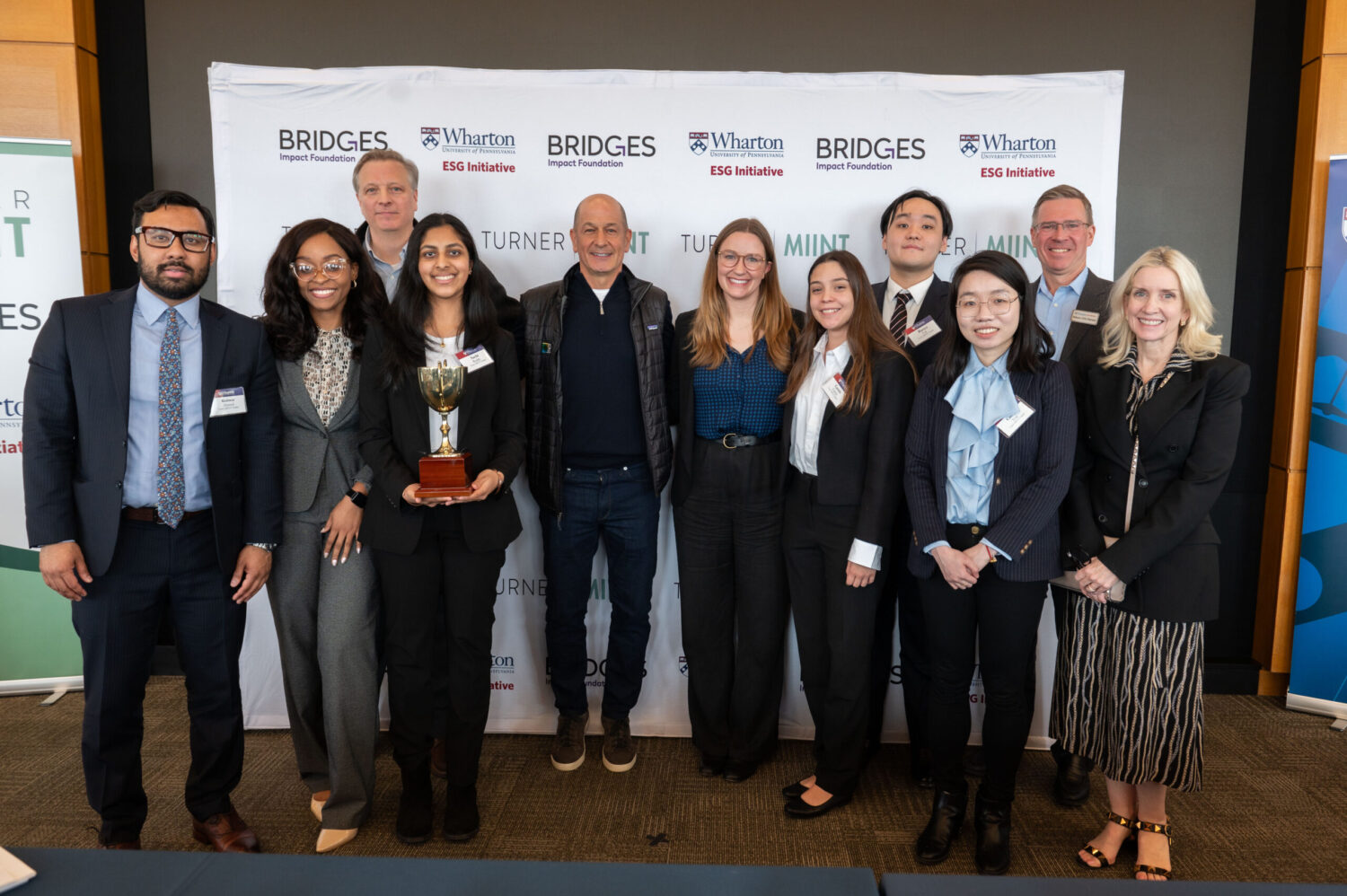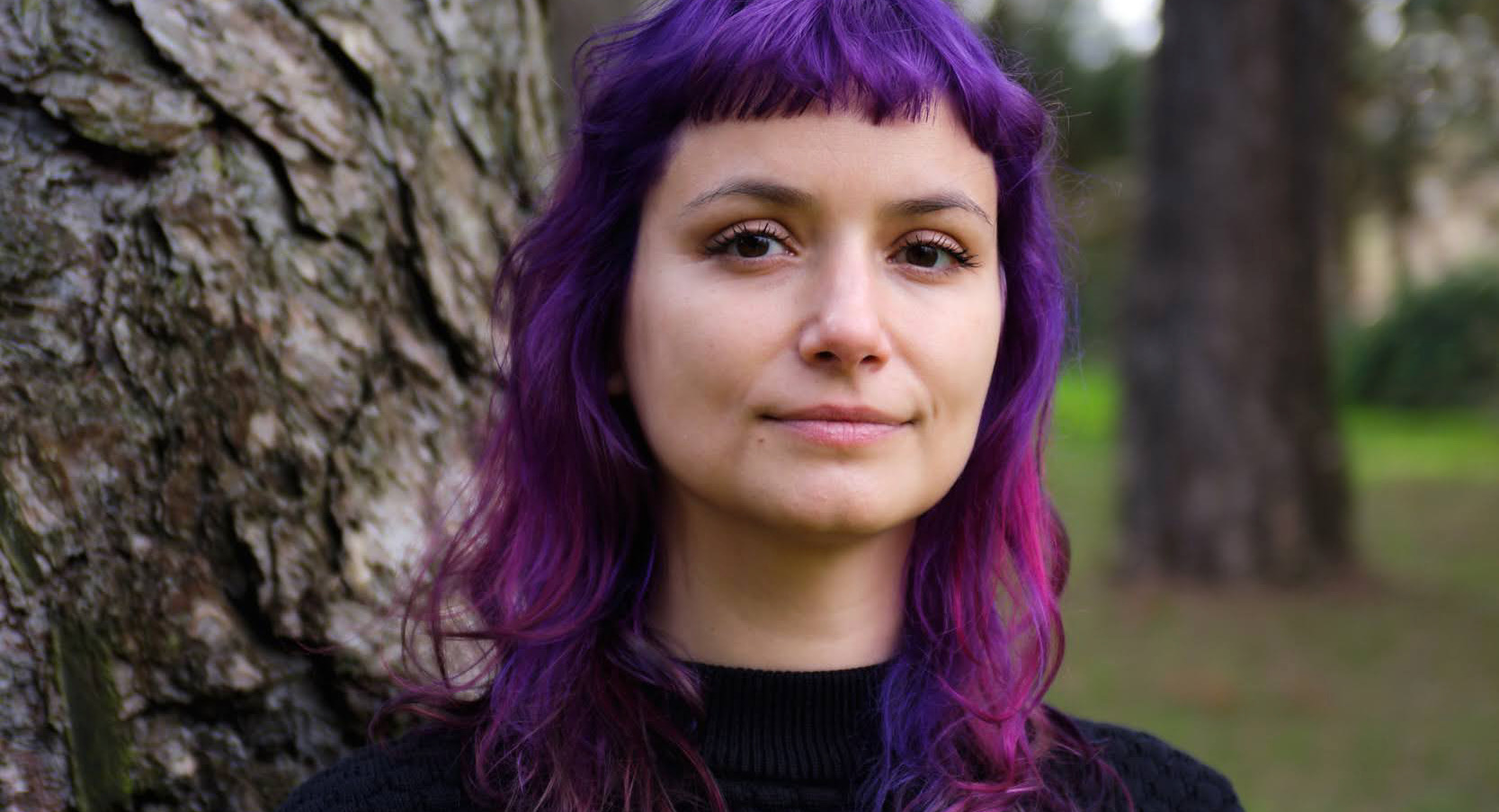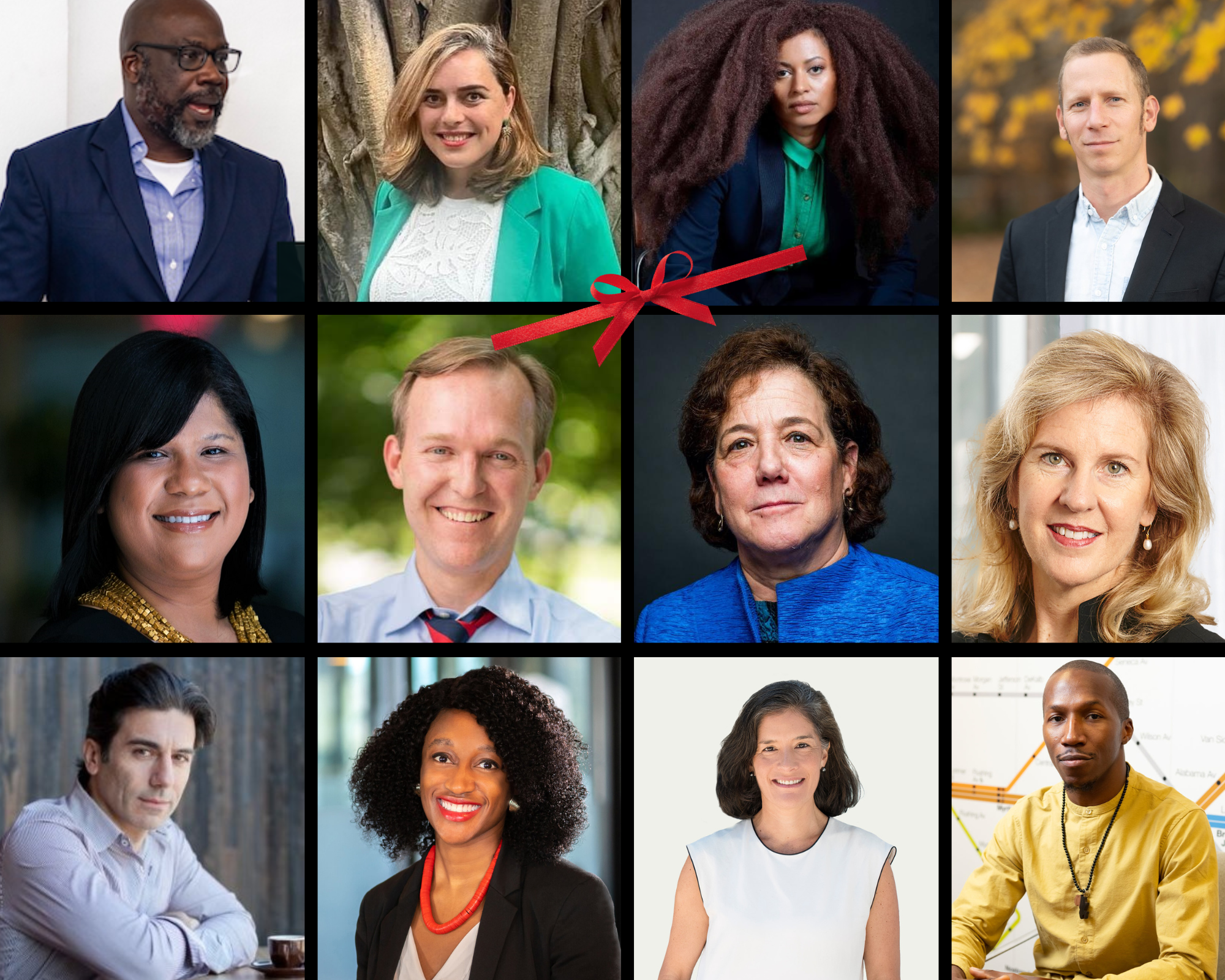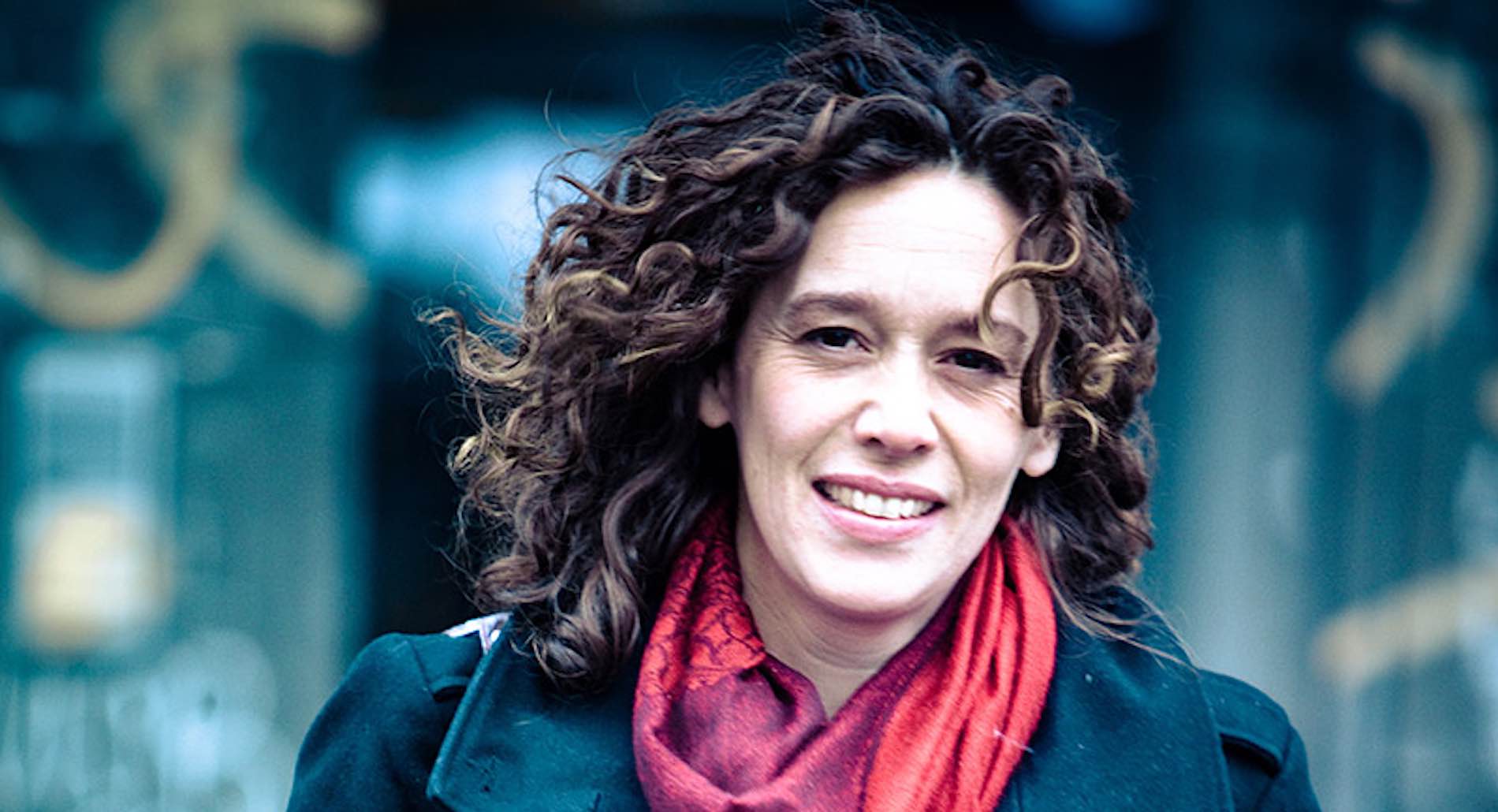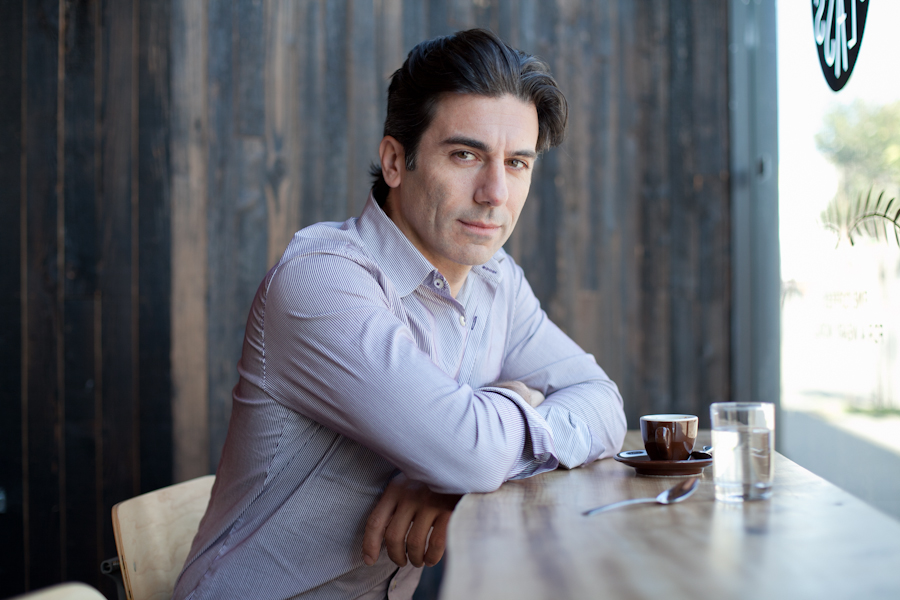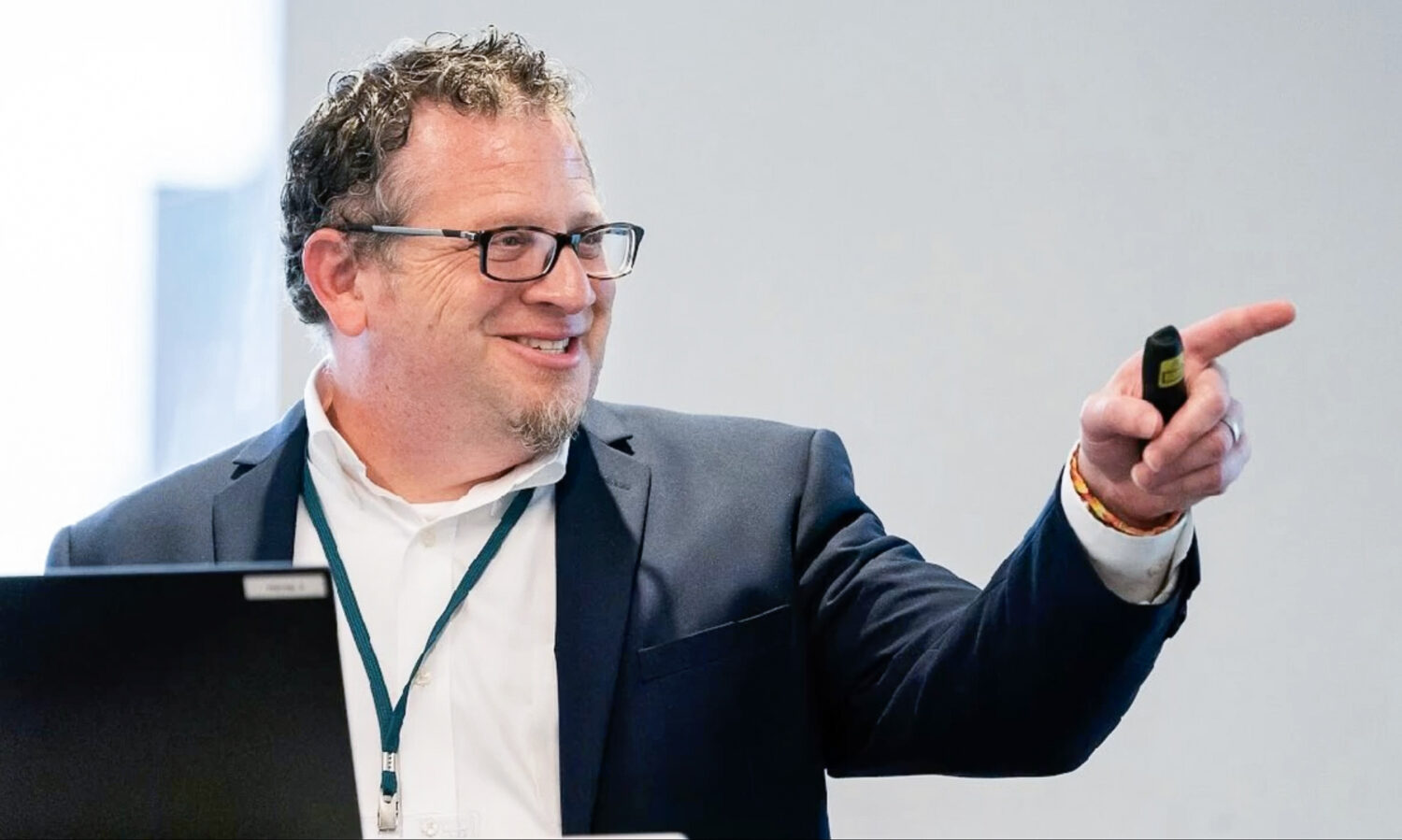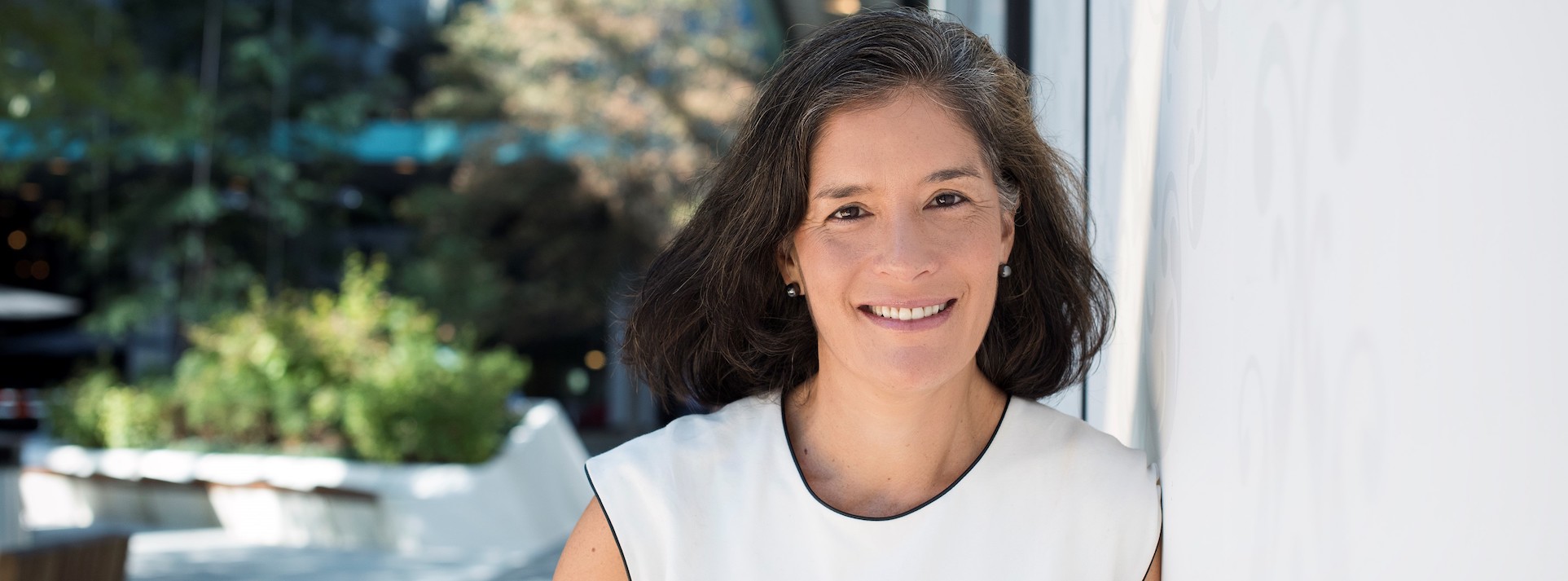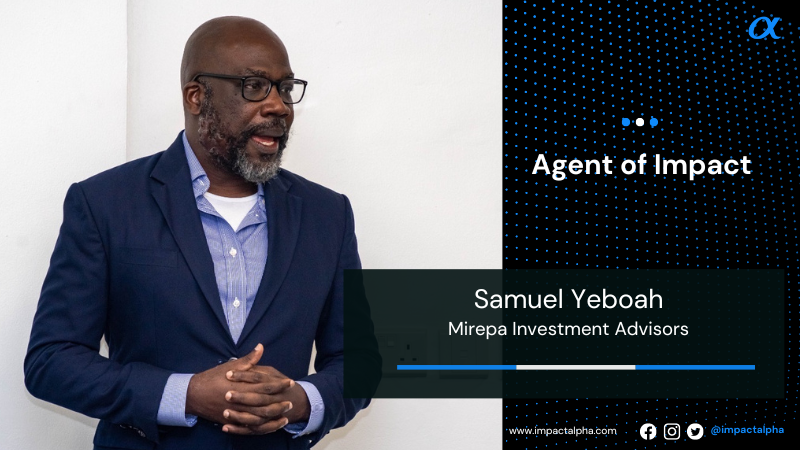ImpactAlpha, June 30 – The first thing that Katherine Stodulka does when you meet her is suggest you meet someone else. Then she’ll introduces you. With great enthusiasm.
Stodulka, who leads sustainable finance at advisory firm Systemiq, fosters connections, including as head of a global taskforce on blended finance the firm is leading.
“Any work we do that doesn’t then connect to somebody driving the change will be lost,” she says.
At last week’s Summit for a New Global Financing Pact in Paris, Systemiq unveiled strategies for using guarantees to unlock climate finance.
“We need to bring down the cost of borrowing in emerging markets,” Stodulka says. “We need better de-risking instruments. We need concessional funds for loss and damages. We need to mobilize private capital so these pledges aren’t just sweeping platitudes.”
“There can be no real change unless we fundamentally shift decision-making power and agency from North to South,” she adds.
The self-described “daughter of hippies” was raised in Darwin, Australia. She traces her engagement on social issues back to her father, who was an anti-discrimination commissioner in a state with a large Aboriginal population. As an M&A lawyer, Stodulka did energy deals in London before joining Systemiq.
In her current role, she sees how deeply social and environmental issues are intertwined. The most vulnerable people and communities have “so many barriers to access” for solutions they need and want, Stodulka says. “Solutions need to be demand-driven.”
Those stakeholders are often not consulted on projects implemented in their communities, presumably on their behalf, she adds. “Solving intermediation challenges in this space feels really important.”
Stodulka has doubts whether she, a white, middle-class woman from a coal mining state in Australia, should play the role of sustainable finance intermediary. But, she says, “When you are dealing with an inequitable, unfair, inefficient system, we all have a responsibility to call out those issues. So I’m like, yes, I can run that message home.”

